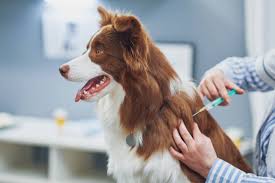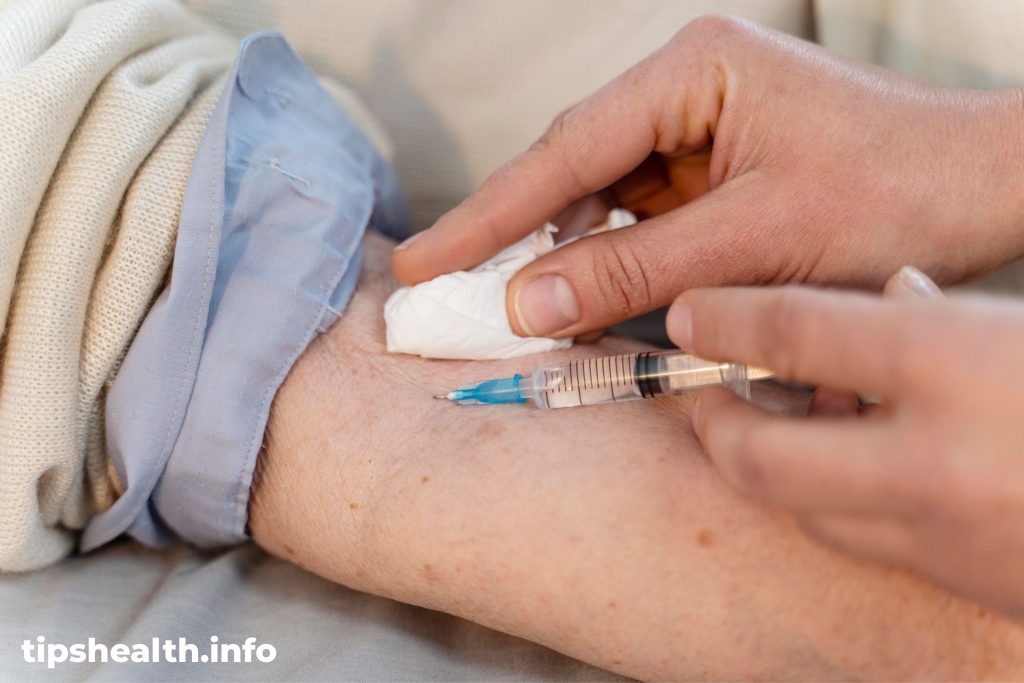The health and well-being of our pets are top priorities for any pet owner. One crucial aspect of maintaining your dog’s health is ensuring they are vaccinated against common diseases. Among these vaccines, the Bordetella vaccine stands out as particularly important, especially for dogs that frequently interact with other dogs. But what exactly is the Bordetella vaccine, and why is it essential for your furry friend? In this article, we’ll dive deep into what the Bordetella vaccine is, why it’s important, and what you can expect when your dog receives it.
What Is the Bordetella Vaccine?
The Bordetella vaccine is a preventive vaccine that protects dogs against Bordetella bronchiseptica, a highly contagious bacterium that is one of the leading causes of canine infectious tracheobronchitis, commonly known as kennel cough. Kennel cough is a respiratory disease that can cause a persistent, hacking cough in dogs, similar to whooping cough in humans.
While Bordetella bronchiseptica is the primary culprit behind kennel cough, other pathogens, including parainfluenza virus, adenovirus, and canine influenza virus, can also contribute to the disease. However, the Bordetella vaccine specifically targets the Bordetella bacterium, reducing the risk of severe respiratory symptoms.

Why Is the Bordetella Vaccine Important?
Kennel cough is highly contagious, especially in environments where dogs are in close contact, such as dog parks, grooming salons, boarding facilities, and doggy daycares. The Bordetella bacterium spreads through airborne droplets when an infected dog coughs, sneezes, or barks. It can also spread through direct contact with contaminated surfaces, such as water bowls or toys.
Unvaccinated dogs are at a higher risk of contracting kennel cough, which can lead to severe respiratory problems, especially in puppies, elderly dogs, or dogs with compromised immune systems. While kennel cough is often mild, it can cause discomfort and lead to more severe infections, such as pneumonia, if left untreated.
The Bordetella vaccine significantly reduces the risk of infection, making it an essential vaccine for any dog that interacts with other dogs frequently. Vaccinating your dog not only protects them but also helps prevent the spread of this contagious disease within the community.
Types of Bordetella Vaccines
There are three main types of Bordetella vaccines available, each administered differently:
- Injectable Vaccine: The injectable form of the Bordetella vaccine is administered under the skin (subcutaneously) and typically requires two doses initially, followed by annual boosters. This type of vaccine is suitable for all dogs, including puppies, and provides systemic immunity against Bordetella bronchiseptica.
- Intranasal Vaccine: The intranasal vaccine is administered directly into the dog’s nose. This form of the vaccine provides localized immunity in the upper respiratory tract, where the Bordetella bacterium is most likely to enter. It is often preferred for puppies or dogs that are averse to injections.
- Oral Vaccine: The oral Bordetella vaccine is given by mouth and is designed to provide immunity similar to the intranasal vaccine. This form is convenient for dogs that may be nervous or difficult to handle during other administration methods.
Each type of vaccine has its benefits, and your veterinarian will help determine which one is best suited for your dog’s needs based on their age, health status, and lifestyle.
How Often Should Dogs Receive the Bordetella Vaccine?
The frequency of Bordetella vaccination depends on the type of vaccine used and your dog’s exposure risk. Generally, puppies can receive the Bordetella vaccine as early as 8 weeks of age, followed by boosters every six to twelve months, depending on their lifestyle.
For adult dogs that frequently attend boarding facilities, grooming salons, or other environments where they interact with other dogs, annual boosters are highly recommended. Some facilities may even require dogs to be vaccinated within the last six months before they are allowed entry.
What to Expect When Your Dog Receives the Bordetella Vaccine
Administering the Bordetella vaccine is generally a quick and straightforward process. Here’s what you can expect when your dog gets vaccinated:
- Pre-Vaccination Examination: Before administering the vaccine, your veterinarian will conduct a health check to ensure your dog is healthy enough for vaccination. Dogs with underlying health conditions or those that are currently ill may need to wait until they are in better health to receive the vaccine.
- Vaccination Process: Depending on the vaccine type, your vet will either give an injection, administer drops into your dog’s nose, or provide an oral dose. The process is usually quick and minimally stressful for most dogs.
- Possible Side Effects: While the Bordetella vaccine is generally safe, some dogs may experience mild side effects, such as slight coughing, sneezing, or nasal discharge after receiving the intranasal or oral vaccine. These symptoms are typically mild and resolve within a few days.
- Monitoring Post-Vaccination: After vaccination, it’s important to monitor your dog for any adverse reactions. Severe reactions are rare but may include vomiting, diarrhea, or swelling at the injection site. If your dog exhibits any concerning symptoms, contact your veterinarian immediately.

Myths and Misconceptions About the Bordetella Vaccine
There are several myths surrounding the Bordetella vaccine that can lead to confusion among pet owners. Let’s address some of the most common misconceptions:
- “My dog never goes to a kennel, so they don’t need the vaccine.” While kennel cough is commonly associated with boarding facilities, it can be contracted anywhere dogs gather, such as parks, training classes, or even during walks. Vaccination is a proactive measure that helps protect your dog in any social setting.
- “The vaccine guarantees my dog won’t get kennel cough.” No vaccine offers 100% protection, and the Bordetella vaccine is no exception. However, vaccinated dogs tend to experience milder symptoms and recover faster than unvaccinated dogs if they do contract the disease.
- “My dog had the vaccine once; they don’t need it again.” Immunity from the Bordetella vaccine wanes over time, so regular boosters are necessary to maintain protection, especially for dogs with frequent exposure to other dogs.
Conclusion
The Bordetella vaccine is an essential tool in protecting your dog from kennel cough, a highly contagious respiratory disease. Whether your dog is a social butterfly or only occasionally interacts with other dogs, keeping their Bordetella vaccination up to date is crucial. Talk to your veterinarian about the best vaccination schedule for your pet based on their lifestyle and health needs.
By staying informed and proactive, you can help ensure your dog remains healthy, happy, and safe from preventable diseases like kennel cough. Don’t wait—schedule your dog’s Bordetella vaccine today and give them the best protection possible.



